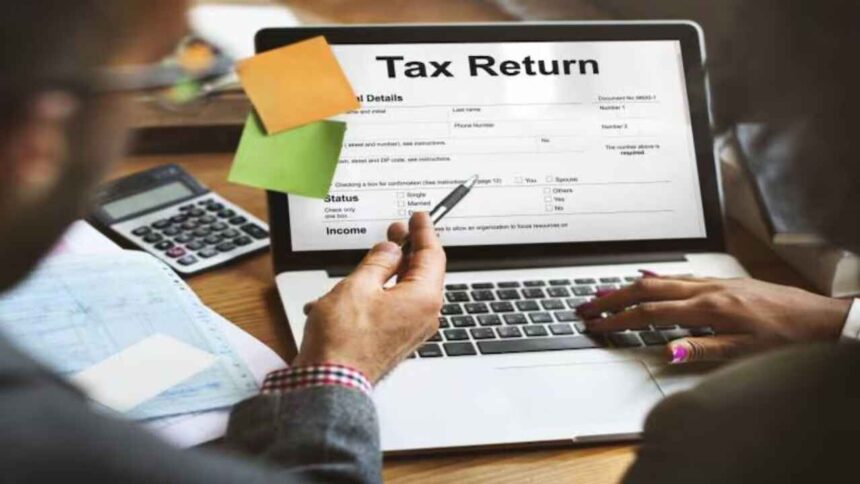The season of filing income tax returns has begun. In such a situation, it is important for every taxpayer to know the answers to those questions which help in reducing the burden of income tax.
ITR Filing: The season of filing income tax returns has begun. In such a situation, it is important for every taxpayer to know the answers to those questions, which not only help in filing income tax returns, but if you work wisely, the tax burden can also be reduced in a legal way. Answers to some such questions are given below. Even if you file your income tax return with the help of a professional / chartered accountant (CA), the information given here can help you understand your tax liability and ways to reduce it.
Who is required to pay income tax?
People whose total annual income is more than the basic exemption limit are required to pay income tax and file income tax return (ITR). The basic exemption limit of a person depends on the tax regime chosen by him.
What is the basic exemption limit?
Under the Income Tax Act, the basic exemption limit means the maximum annual income on which income tax is not required to be paid. Under the old tax regime, this limit is Rs 2.5 lakh for persons below 60 years of age.
How much income is tax free for senior citizens?
The basic exemption limit for senior citizens above 60 years of age is Rs 3 lakh. For super-senior citizens above 80 years of age, the basic exemption limit is Rs 5 lakh. Under the new tax regime, this limit is Rs 3 lakh for taxpayers of all ages.
What is the rebate available on income tax?
Under section 87A of the Income Tax Act 1961, rebate is available in income tax. This rebate is available to those whose annual net taxable income does not exceed the prescribed limit.
How much tax rebate is available under section 87A?
Under the old tax regime, a maximum tax rebate of Rs 12,500 is available, while in the new tax regime, a rebate of up to Rs 25,000 is given. That is, people whose total tax liability is Rs 12,500 in the old regime and Rs 25,000 in the new regime, do not have to pay any tax. This means that under the old tax regime, if the net taxable income is up to Rs 5 lakh, no income tax will have to be paid. At the same time, those who choose the new tax regime will not have to pay any income tax on net taxable income up to Rs 7 lakh.
Who does not get the benefit of income tax rebate?
The benefit of income tax rebate under section 87A is available only to resident individual taxpayers living in India. Non-Resident Indians (NRIs) and Hindu Undivided Families (HUFs) do not get tax rebate under section 87A. That is, even if their net taxable income does not exceed Rs 5 lakh in the old tax regime and Rs 7 lakh in the new tax regime, they will still have to pay income tax.
Which income is not taxable under the Income Tax Act?
Under the Income Tax Act, those sources of income have been mentioned separately, on which income tax is not levied. Some of its major examples are:
Interest and maturity amount received on Provident Fund (EPF or PPF) account.
Interest and maturity amount received on Sukanya Samriddhi Yojana (SSY) account.
Income from farming
Capital gain up to Rs 1 lakh in a financial year from investment in equity
Is pension taxable?
Yes, the amount received as pension is taxable as per the slab. Even family pension is taxable.
Is HUF allowed to opt for the new tax regime?
Yes, Hindu Undivided Family (HUF) is allowed to opt for the new tax regime.
Can I claim any tax deduction in the new tax regime?
Yes, those opting for the new tax regime can claim deduction under section 80CCD (2) of the Income Tax Act. This deduction can be taken when the employer makes a contribution to the NPS in his employee’s account. Under this rule, a deduction of up to 10% of the salary can be claimed. Whereas, for government employees, the maximum deduction limit under this rule is equal to 14% of the salary. From the financial year 2023-24, a standard deduction of up to Rs 50,000 can also be claimed on income from salary or pension.














